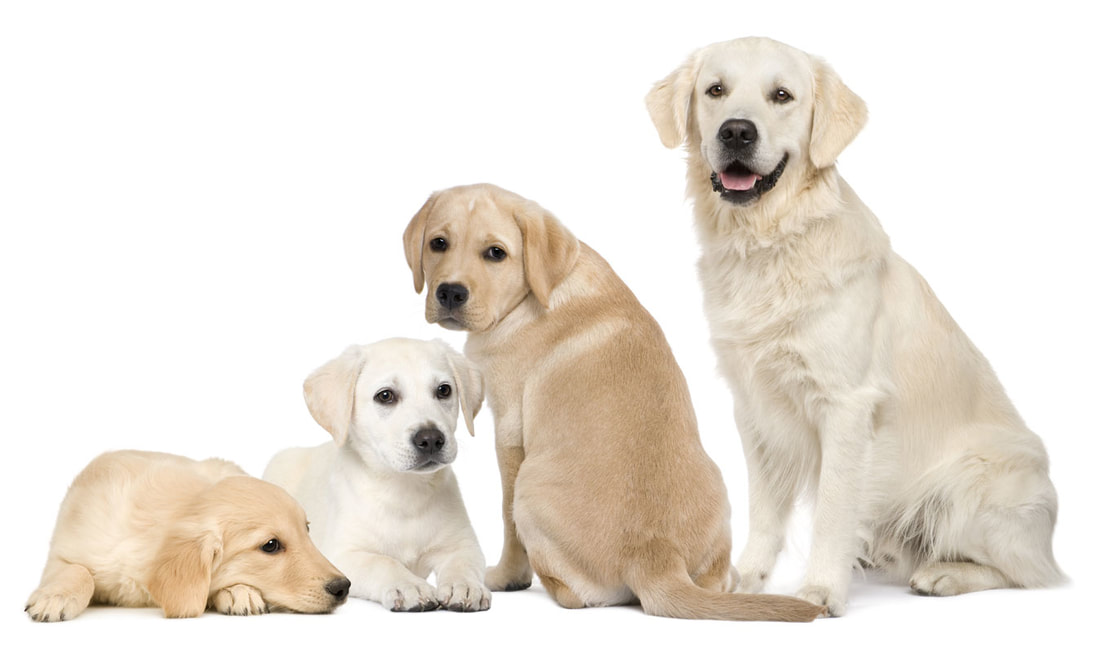What are Breed Clubs?
|
There are 231 UK Kennel Club registered breeds in the UK. Each breed is represented by a national club and, depending on the numbers of dogs, several more regional clubs. Clubs have also been set up for some crossbreeds, such as Cockapoos and Labradoodles, but these are not currently recognised by the Kennel Club. The National Breed Club, or in some cases a national Breed Council, often has a leading and co-ordinating role. Their main function is to offer a range of activities, including dog shows and educational breed-related seminars.
|
The Kennel Club
|
Most countries have one national kennel club. Here in the UK it is known as The Kennel Club. It maintains the registrations of individual pedigree dogs and agrees the list of officially recognised breeds. The number of recognised breeds has increased over time. The Kennel Club is responsible for the running of multiple breed dog shows and other activities related to dogs such as dog training, agility and obedience. It is responsible for the training of dog show judges and the licensing of Kennel Club canine events.
|
Breed Standard |
Each Kennel Club registered breed has a written Breed Standard which is the property of the Kennel Club. This is a detailed written description of the physical and temperament characteristics of a breed. A breed club may wish to make changes to its Breed Standard if certain characteristics no longer represent the true function, health and fitness of the Breed. The revised Standard must be approved by the Kennel Club.
More information about breed standards may be found here. |
Code of Ethics
|
All breed clubs are required to adopt and adhere to the Kennel Club’s general Code of Ethics.
Many clubs add to this with their own statements on ethical breeding such as earliest age of mating and the requirement for club members to use available health screening tests. While a Code of Ethics is considered to be guidance rather than part of the club’s specific Rules and Regulations, committees should have the authority to warn members about their conduct and, if necessary, expel a member. Some health tests (relatively few) are required by breed clubs although more tests may be recommended. |
Guardians of the Breed |
Breed clubs are run by voluntary elected Committees. Breed club committees generally see themselves as guardians of their breed for future generations. Breed clubs should be run by committees whose priorities include the health and welfare of the dogs and who, themselves, are role models for ethical breeding. Openness and transparency must be the guiding principles of breed clubs and councils and, to this end, their Health Reports and Future Plans may be available online.
|
Breed Health Co-ordinators and Health Committees
|
All breeds are required by the Kennel Club to appoint a Breed Health Coordinator (BHC) and many clubs and councils will also have Health Committees. The BHC is the key point of contact with the Kennel Club for all enquiries about the health of the breed. A Health Committee is responsible for setting objectives and developing plans to protect and improve the health of the breed. This will typically include considerations of genetic diversity (such as avoiding the use of ‘popular sires’, reducing the breed average coefficient of inbreeding (COI), and if necessary outcrossing to another breed); the elimination of exaggerated physical traits; prioritisation of diseases and genetic disorders through surveys; and the development of screening programmes and DNA tests to improve the health of the breed. An effective Health Committee will work in partnership with researchers, veterinary specialists and geneticists to ensure their plans are scientifically sound. A Breed Health Fund should be established to support research into breed-related health problems. The Kennel Club is working with breeds to develop Breed Health and Conservation Plans (BHCPs). These will provide a comprehensive evidence-base of the state of health of the breed and plans to address any problems. It is hoped that in time all UK breed clubs will publish their BHCPs on their websites.
A good breed club will conduct its own surveys into breed health as well as making use of surveys published by other researchers (e.g. the VetCompass project) and the KC. Results should be published and shared openly. Breed club members are expected to co-operate with such surveys and to provide health certificates, DNA test results and pedigree information, if required. Where a breed has health and genetics screening programmes, results should be available in an open registry. This may be on the KC’s Health Test Results website: mykc.org.uk or the breed club’s own website, so that all breeders, owners and buyers can find out which dogs have been screened and what their results are. Where a breed has several clubs, it is likely that there will be a single Health Website, managed by the BHC and/or Health Committee. For example, www.englishspringerhealth.org.uk Information about health issues and any screening/testing schemes should be available online and may also be notified to members in newsletters or via social media. Advice about breeding protocols to tackle problems should be expressed simply and assertively with the expectation that the advice will be followed by all breed club members. This information should be regularly updated. A breed club may be expected to organise and fund expert seminars on breed related health issues and genetics, encouraging as many members and owners as possible to attend. Ideally a breed club will have a member of the veterinary profession as an advisor to the Health Committee. |
|
|
Pet Owners |
Traditionally pet owners have not played a part in breed clubs but now some breed clubs are including pet owners on their committees so that their perspective may be taken into consideration, particularly in relation to health and welfare.
Pet owners should be welcomed into the club and their views respected, even though they are not part of the breeding and showing community. The Health Committee may also include representatives of pet owners. Correspondence from pet owners regarding a dog which has a breed-related disease will be dealt with promptly and sympathetically by a good breed club (usually by the Breed Health Coordinator). When owners are considering a breed it is important to check the information on a breed club website whilst bearing in mind that many breed clubs will be keen to promote their breed and may not emphasise potential health and/or temperament issues. It is important that owners of pedigree dogs (or crossbreeds which have a club) report health problems that are breed-related to the Breed Health Co-ordinator as well as reporting causes and age of death. Information about breed related health issues will be found on a breed club’s website and can also be found on www.dogbreedhealth.com Supplying health information to breed clubs is vital so that the level of incidence of a disease can be monitored. Breed related genetic health issues may not be widespread to start with but if not identified could spread very quickly throughout the breed. |
The Puppy Contract
|
Currently individual breeders should have their own Puppy Contract with buyers of their puppies and this will explain the buyer’s rights in relation to refunds or help with vet bills, should the puppy be found to have a health problem. This should also explain the breeder’s commitment to provide advice and support throughout the dog’s life.
Ideally breed clubs should promote and encourage breeders to use the RSPCA/AWF Puppy Contract and Puppy Information Pack (PIP). Equally a breeder should welcome its use by a puppy buyer. Relatively few breed clubs make use of the RSPCA/AWF Contract at present. Breed clubs or individual breeders will prefer to use their own. In this case prospective puppy owners should consider carefully the details of the Contract. |












